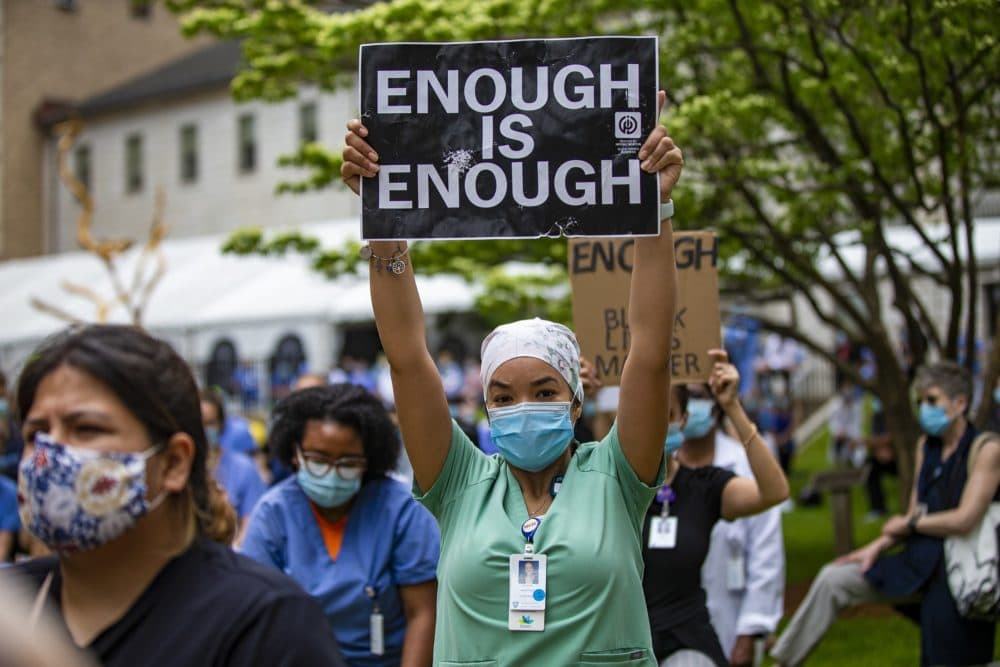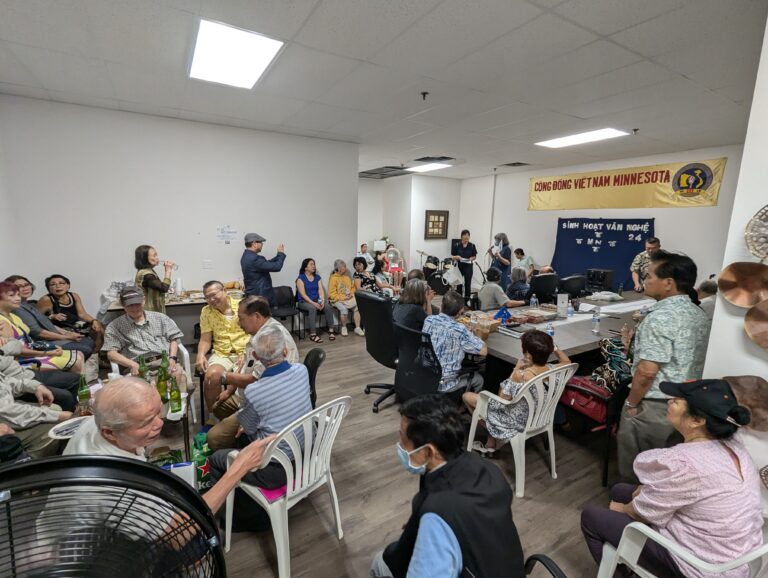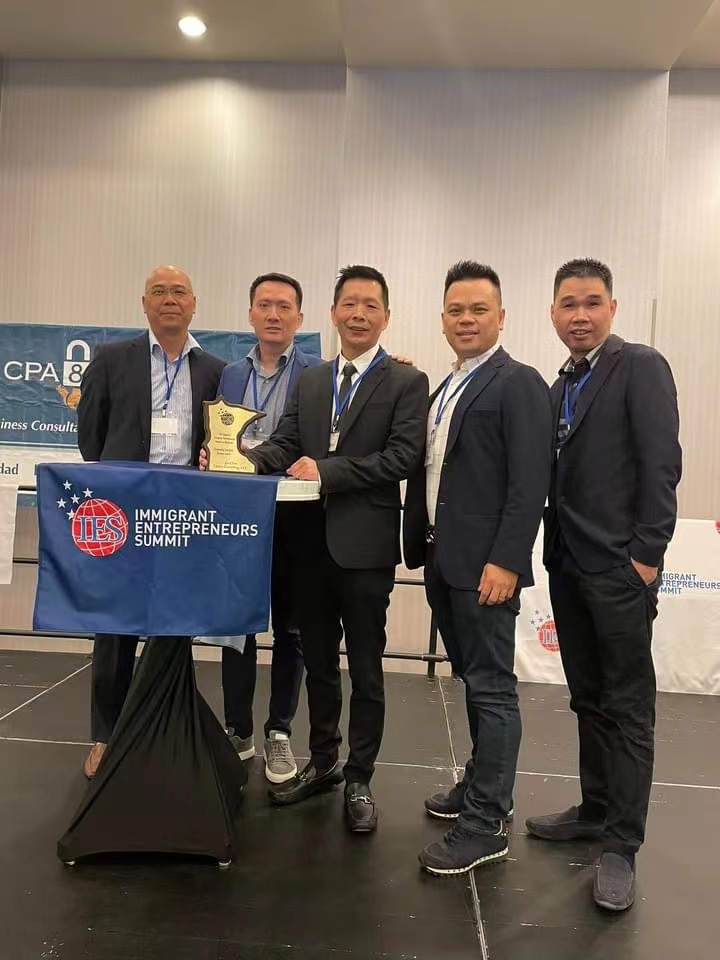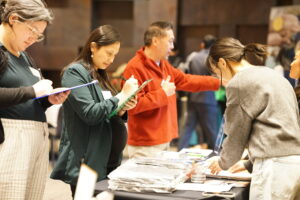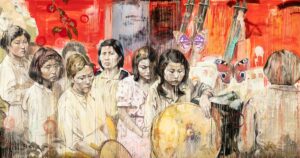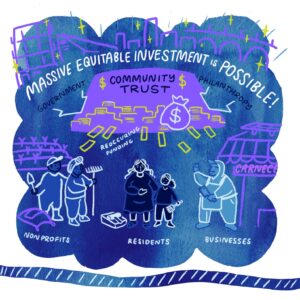Janie Ye –Wayzata High School
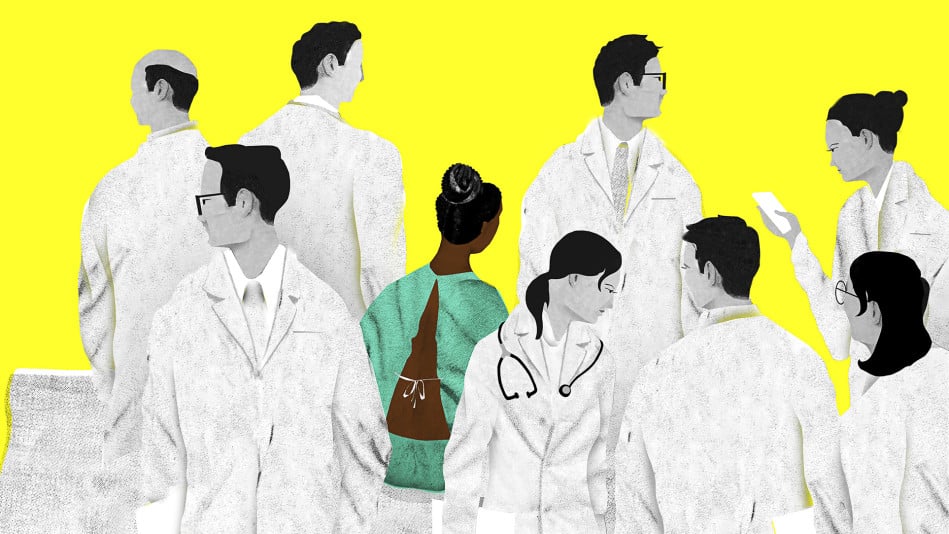 Compared to other topics like education and public policy, racism in healthcare is not addressed much. However, that does not mean it doesn’t exist. In different areas of healthcare, whether it be medical school, hospitals, or nursing, discrimination against Asian Americans is prominent. Racial prejudice in healthcare is a significant example of how widespread racism is in society. It is important to recognize that this can greatly affect Asian Americans and other ethnicities. Lower quality treatments and reduced access to care leads to poor health and other negative outcomes.
Compared to other topics like education and public policy, racism in healthcare is not addressed much. However, that does not mean it doesn’t exist. In different areas of healthcare, whether it be medical school, hospitals, or nursing, discrimination against Asian Americans is prominent. Racial prejudice in healthcare is a significant example of how widespread racism is in society. It is important to recognize that this can greatly affect Asian Americans and other ethnicities. Lower quality treatments and reduced access to care leads to poor health and other negative outcomes.
Don’t doctors take an oath to promise to help patients? Well, yes, but this doesn’t account for unconscious prejudices. Also known as implicit bias, these prejudices may be part of the reason why health disparities among different races are so prominent. Societal attitudes that have existed for decades have permeated the medical world.
Asian Americans are already at a disadvantage for finding jobs in healthcare. Medical students experience discrimination not just from patients, but also their peers and educators. In addition, there aren’t many support structures in place where these students can seek help. During the pandemic, Asian doctors were subject to racial slurs about the virus from patients. Other medical professionals have made rude comments about racial stereotypes to their Asian peers, and medical schools have made no efforts to help so far.
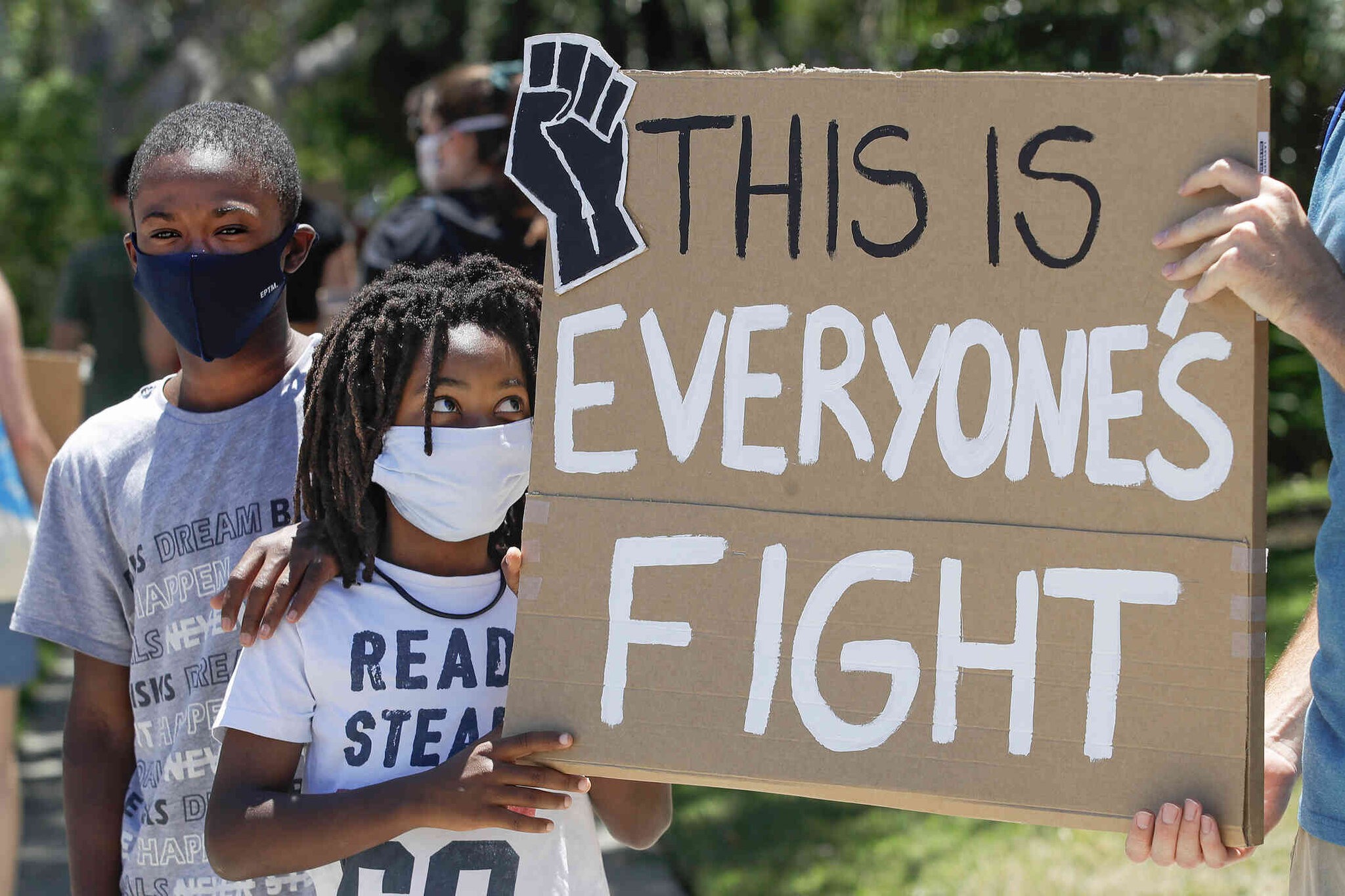 Asian Americans also face disadvantages in receiving actual care. The model minority stereotype that portrays Asian Americans as prosperous and self-sufficient has resulted in minimal efforts to provide care. Many lack health insurance and face language barriers, even though Asian Americans are most at risk for deadly diseases like cancer. By grouping so many ethnicities under one name, Asian Americans, patients are ignored by the stereotype that Asians are healthy and don’t face any injustices. However, just because some Asian Americans aren’t in poor health doesn’t mean all Asian Americans don’t need to see doctors. Those who actually need care are ignored because they are grouped with those who don’t.
Asian Americans also face disadvantages in receiving actual care. The model minority stereotype that portrays Asian Americans as prosperous and self-sufficient has resulted in minimal efforts to provide care. Many lack health insurance and face language barriers, even though Asian Americans are most at risk for deadly diseases like cancer. By grouping so many ethnicities under one name, Asian Americans, patients are ignored by the stereotype that Asians are healthy and don’t face any injustices. However, just because some Asian Americans aren’t in poor health doesn’t mean all Asian Americans don’t need to see doctors. Those who actually need care are ignored because they are grouped with those who don’t.
There is also a cultural barrier for Asian American healthcare. Emphasis on traditional medicine and herbal remedies makes some think that there is no need for further treatment. Asian Americans are also more likely to hide health conditions from their families, and there is a lot of stigma surrounding mental health. Some Asian immigrants do not view mental health as a serious condition that should be treated, so this discourages Asian Americans from seeking help when they are suffering from mental diseases.
Although there has been an increase in the amount of care provided to Asian Americans, it is important to get rid of stereotypes and cultural barriers in order to effectively treat those that need treatment. Providing unbiased services and increasing the opportunities for Asian Americans in healthcare is a good place to start.

